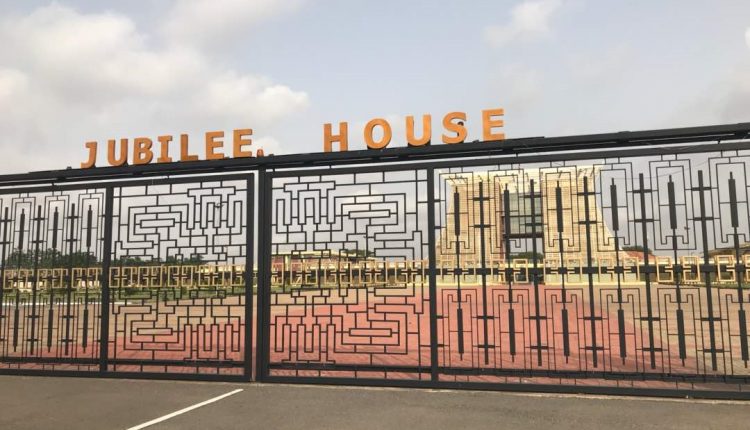Since the start of the fourth republic, corruption has emerged as a significant impediment to our national development, casting a shadow over our journey towards self-sufficiency.
This terrifying phenomenon, deeply entrenched in both public and private sectors, has cast a shadow over various facets of our country’s progress, spanning socio-economic, educational, governance, health, security, and agricultural domains.
A disconcerting revelation is the alleged endorsement of corruption by officialdom, with the complicity and support of ordinary Ghanaians, permeating all levels of society.
The exorbitant nomination and filing fees demanded by political parties further exacerbate this issue, making it nearly impossible for individuals without substantial resources to vie for the positions of the presidency or parliament.
While political parties organize opulent rallies, the funding behind such extravagance remains shrouded in mystery, raising concerns among conscientious members of society.
The lack of public records detailing the financing of political activities, coupled with undisclosed sources of funding for candidates, contradicts established guidelines on political funding in Ghana.
In addition to the substantial sums parties charge aspiring candidates, the Electoral Commission imposes additional fees, creating a financial barrier for those seeking political office.
There are persistent allegations that undisclosed sources significantly contribute to financing political activities in Ghana, potentially fueling corruption through dubious contracts and appointments once the supported party or candidate attains power.
The call for disclosure of funding sources gains resonance, particularly in light of the emergence of Nana Kwame Bediako, known as Cheddar, as the face behind the rapidly growing Third Force, capturing the hearts of many, especially the youth.
While questioning the funding sources of Cheddar is pertinent, it becomes problematic when selective scrutiny ignores other influential figures in the political landscape.
It is imperative for Ghanaians to boldly demand answers from all politicians seeking votes to lead the nation.
This collective effort serves as the first step towards fostering accountability, urging leaders to justify their actions and decisions.
Sustaining this advocacy will help streamline political activities, addressing the waning accountability that threatens our democracy.
Failure to hold elected officials accountable jeopardizes our cherished democracy, as unchecked impunity begets lawlessness and violence. Responsible accountability, however, can mitigate corruption, foster equality, alleviate economic hardships, and compel the government to be more responsive to citizens’ needs.
As responsible citizens, let us not merely be spectators; instead, let us demand accountability now to secure a collective and prosperous tomorrow.
The author, Nana Kweku Ofori-Atta is a Security Consultant

